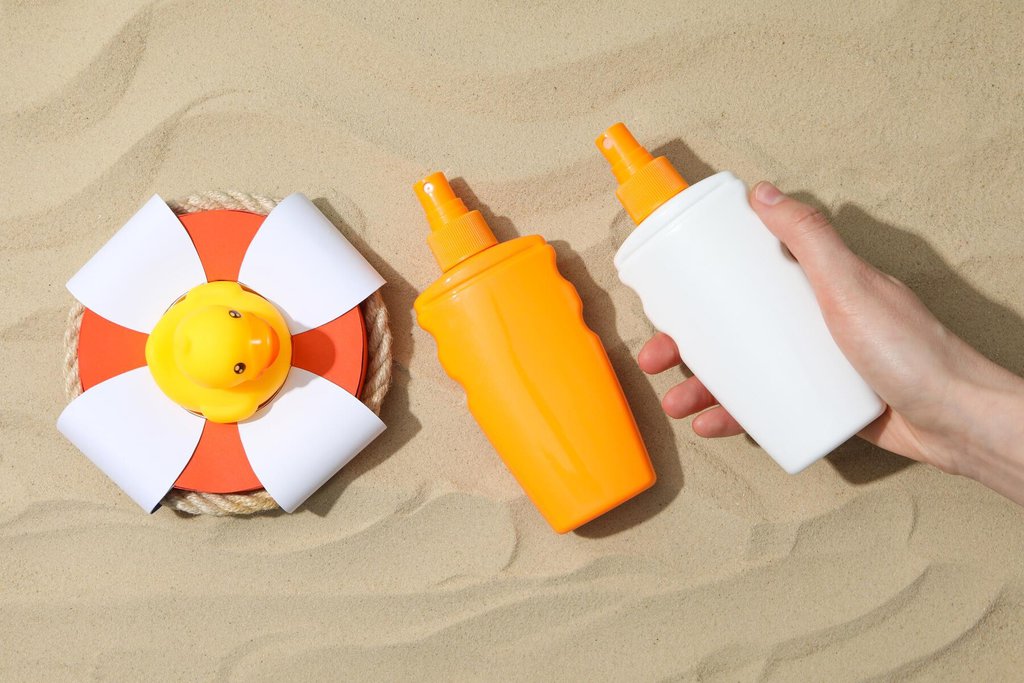
Everyone knows that SPF protects like sunscreen our skin from sun damage and premature aging. However, we are constantly overwhelmed by all the information we get on the internet about how SPF works and when and how to use it. That’s why professional dermatologist Dr. Cara McDonald is here to debunk some of the common SPF myths.
Myth 1: Wear SPF Only in Summer
Many people wear SPF only when it’s sunny outside or during beach days, but UV rays can penetrate clouds and, therefore, damage your skin even when it’s cloudy. It means you should wear sunscreen every single day.
Sure, it’s a pain, but Dr. Cara McDonald suggests applying sunscreen at least once a day every day to keep your skin protected. Of course, reapplying it a few times throughout the day would be ideal.
Myth 2: Wearing SPF Reduces Vitamin D Absorption
People tend to skip sunscreen due to the lack of Vitamin D. However, a study has shown there isn’t much difference in Vitamin D absorption between people who wear sunscreen daily and those who don’t.
Apply sunscreen to the places where you’re concerned about pigmentation and skin cancer, and leave the rest to get some sun exposure. You can always get extra Vitamin D through supplements but you shouldn’t neglect SPF and the protection it provides for your skin.
Myth 3: Reapply Sunscreen Only Once a Day
If you’re spending more than two hours under direct sunlight, applying SPF only when you first go out isn’t enough. You should reapply SPF every two hours or so.

The amount you apply is also important. For the face and neck, you should go for about 1/2 a teaspoon, and for other body areas, you should use about 1/2 teaspoon for each arm, one teaspoon for the front and back of the trunk, and one teaspoon for each leg.
Myth 4: Sunscreen in Makeup Is Enough
Many makeup products, such as foundations and BB cream, contain a certain amount of SPF. However, Dr. Cara shares that this sunscreen protection is simply not adequate.
It’s not enough to completely protect your skin, especially considering you should be protecting more than just your face. She suggests using only products that are labeled SPF 50+. Sunscreen should always come before makeup.
Myth 5: All Sunscreens Offer the Same Protection
Not all sunscreens are made the same, and those with lower SPFs may not offer you the level of protection you need. When choosing a sunscreen product, opt for those labeled SPF (50+) and broad spectrum.

SPF, which stands for Sun Protection Factor and “broad spectrum” means that the product is professionally proven to protect your skin against UVA light. Dr. Cara recommends using a lightweight sunscreen so it won’t feel heavy when you reapply it throughout the day.